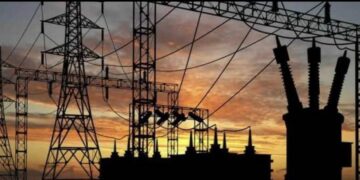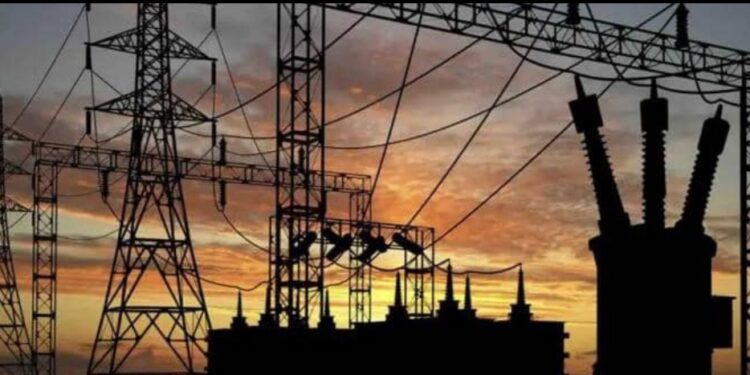Thousands of homes and offices in the capital of Guinea-Bissau have been thrown into darkness after a Turkish firm, Karpowership, disconnected power supplies over unpaid bills totalling $15m (£12m).
Karpowership is one of the world’s biggest floating power plant operators, supplying several African countries.
Economy Minister Suleimane Seidi acknowledged the unpaid bills, saying most of the outstandings would be paid in 15 days.
The development has severely disrupted daily life, with hospitals affected and radio stations off-air.
Power was disconnected in Bissau, a city with a population of more than 400,000, in the early hours of Tuesday and has not been restored, a resident told the BBC.
Some public hospitals are now using generators to carry out surgery, local journalist told the BBC.
Some of the health facilities however don’t have running water because there is not enough electricity, and hospital directors have appealed for power in order to cook food for their patients.
State-run Rádio Nacional is among media outlets that have stopped broadcasting, while some private radio stations work only partially.
Karpowership says it has been supplying 100% of Guinea-Bissau’s electricity since signing a five-year agreement with the state-owned electricity and water utility company in 2019.
The country is one of the poorest in the world and has been beset by instability since independence.
“Unfortunately, following a protracted period of non-payment, our [floating power plant] is now unable to continue operating,” a Karpowership spokesperson was quoted by the Reuters news agency as saying.
“We are working around the clock with officials to resolve this issue and we aim to have generation back online as soon as possible,” the spokesperson added.
Energy Minister Isuf Baldé said $6m of the $15m bill had been paid.
“In a small and poor country like Guinea-Bissau, carrying out a transfer operation of this level, $10m, takes time,” he said.
He added that the contract with Karpowership needed to be renegotiated because costs had almost doubled since it began, to a level Guinea-Bissau could no longer afford.




































